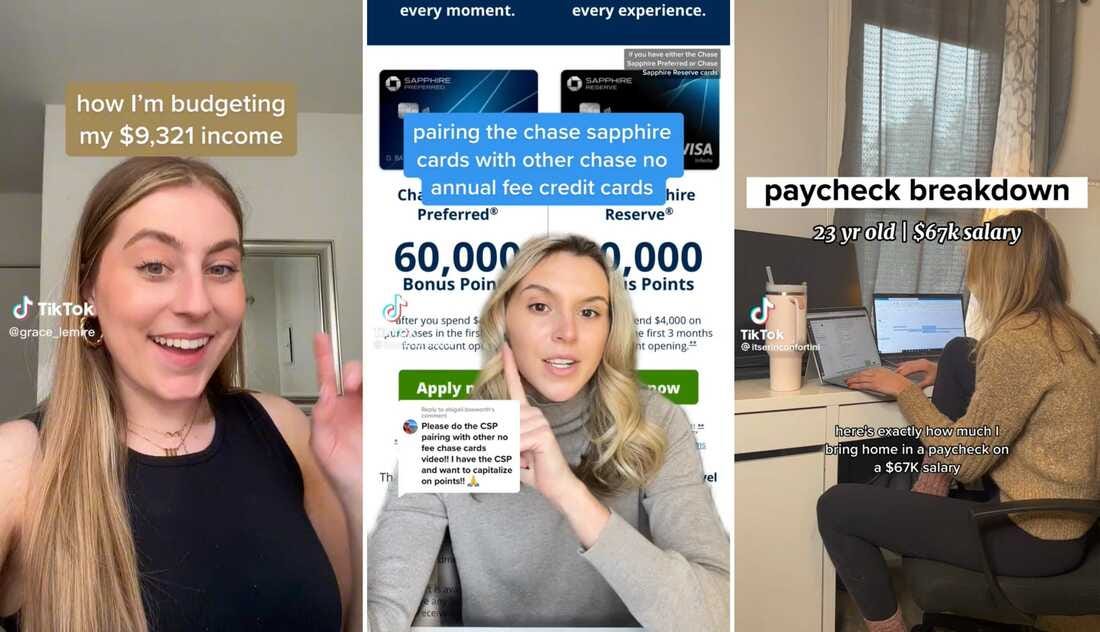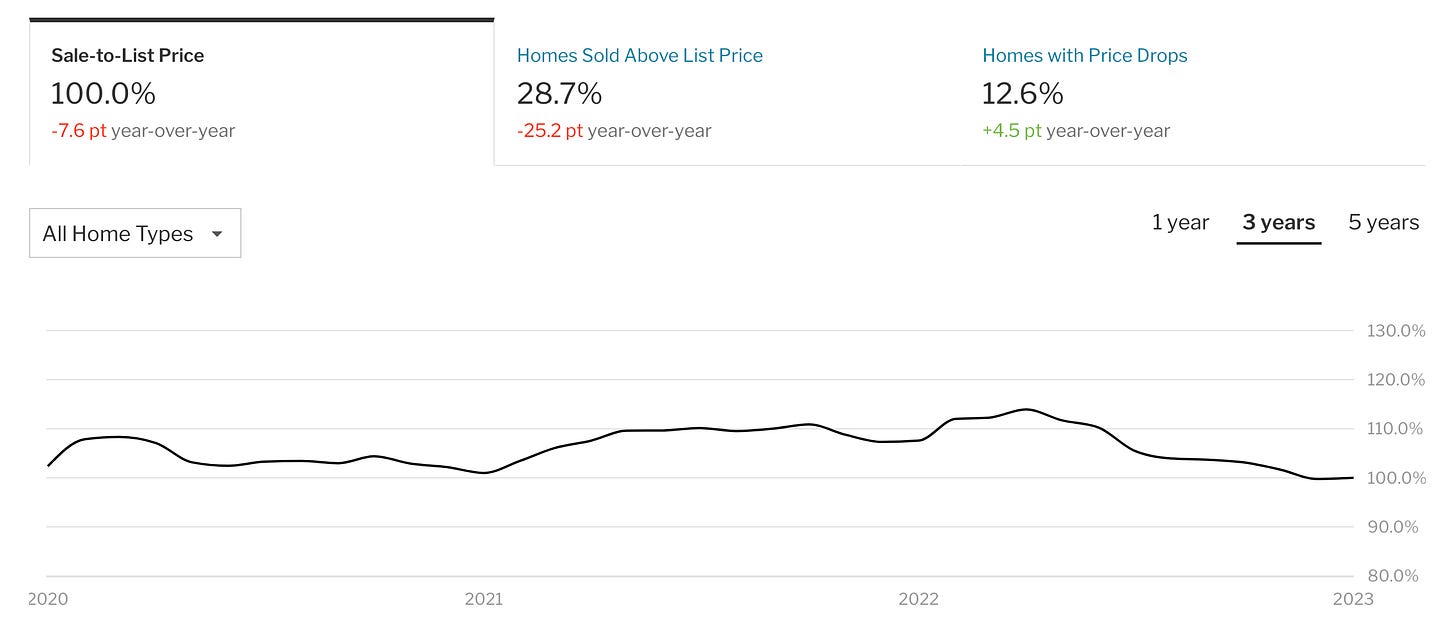Content Arbitrages + Time to Buy a Home in SF?
How do you account for content arbitrages in your business strategy?
Last month I talked about the benefits of always creating content. And if we can assume that making content is good - the next question is:
What's the best medium to help you express new ideas?
If you find yourself rather talkative and conversational - then it’s podcasts or Youtube.
Writing? Try a newsletter or Twitter.
But a rapidly new (or existing?) phenomenon has come up where creators utilizing content arbitrages.
Content arbitrages are defined by taking content in one form or platform and re-purposing it for distribution on another platform.
For example - the most common content arbitrage is taking Youtube videos or long form podcasts and turning them into short form clips on TikTok or Reels.
It works because there’s 0 new idea generation that needs to happen. Just a re-purposing to a different platform to communicate the audience.
As a creator - the end goal is to maximize reach and engagement on your ideas. So the argument goes that if I put in the word to generate ideas and turn it into a Youtube video about space alien theories. And that Youtube video about aliens performs well, then it should be easily re-purposed onto other mediums to gain a following.
But a spin on the content arbitrage is then by taking OTHER people’s content and re-purposing it on another platform. Not directly to set off plagiarism bells - but rather an exploitation of a growing strategy, content topic, or template.
For example - I know a creator that grew his Youtube following by reading the top postings from Reddit’s WallStreetBets every day at the height of the Gamestop saga. He added his own commentary, summarized the best comments, and delivered it with energy on Youtube directly to his fans. He found an audience that enjoyed a Youtube information diet rather than reading a sub-Reddit every morning.
Another arbitrage is finding a new content niche that’s performing well in on platform and just doesn’t exist on another.
For example, personal finance has always been a great niche on Youtube due to higher CPMs (revenue per viewer) from a fiscally minded audience. And a lot of new influencers eventually rose on Tiktok from teaching a Gen Z audience personal finance hacks that millennials might have already knew.
So in some ways, content arbitrages are finding ways to optimize the north star metric on different platforms.
LinkedIn specifically has a creator problem, in which 1% of their daily active users actually create posts in comparison to a platform like Instagram where over 50% of users create posts or stories. So the argument is that it takes less of an effort to gain a similar following on LinkedIn.
And when a new platform appears that brings in a net new amount of users onto the internet like TikTok did, we also see a huge new wave of creators that materialize much out of thin air.
What’s the point of all these arbitrages? One is that growing a following is likely going to get easier as long as your ideas are inherently the best.
The second is that there’s a lot of businesses that can be made by exploiting content arbitrages. One example is JellySmack.
While it touts using AI tech in hand-waving ways to benefit creators, in reality JellySmack monetizes by taking Youtube videos from creators on Facebook Watch for a percentage of the Facebook Watch ad revenue (which speaks to how confusing Facebook’s UI may be more than JellySmack’s amazing business model).
While JellySmack is a more direct way of demonstrating arbitrage, working at the content generation level yourself always works.
And always there is the AI play to content arbitrages. Because if we’re assuming it’s the next wave of transformation as ubiquitous as mobile, cloud, etc… then we now have a tool that can effectively not only help generate new content - but at least can infinitely remix your content onto multiple platforms for distribution.
Where that leaves us in the future is pretty unclear.
AI serves human content right now into what they want to see. AI serving human remixed content by AI seems like the logical next step. So eventually it makes sense that AI will serve AI content to humans. Or just remove humans from the picture entirely and AI will serve AI content to AIs? Ideally not.
San Francisco Real Estate Market Update
I just learned that a friend of mine recently purchased a condo in San Francisco after opportunistically observing some price declines. Similarly I read this thread from a long time buying skeptic:

I found this interesting because personally I would like to move to the Richmond neighborhood myself one day (close to the beach and the park!)
And I also follow Rohi because he shares his stories as an Airbnb landlord of 7 to 8+ properties. And most Airbnb landlords understand the monetary opportunity costs of buying vs renting better than most.
One interesting observation was the purchase price of Airbnb’s in exotic locations with low employment and population levels was skyrocketing while the price of homes in places like SF with a strong economy was decreasing.
Indeed looking at Redfin’s market analysis - both the median home price and sale to list price have dropped by around 8% year over year. One nice side effect of this is that when you’re browsing Redfin - there’ll be more accurate comps when browsing for sale.
Additionally net inflows of people into SF are still very low. Tech layoffs could account for this along with high interest rates. But looking at the top outbound metro - it shows Sacramento getting most of the Bay Area outflow by a high margin.
As companies are likely plateauing their WFH policies to a stable 2 to 3 days a week which makes surrounding cities and areas much more attractive.
This feels like the first time SF prices are finally coming down. I’m wondering if anyone else is thinking of buying a home or condo soon?





